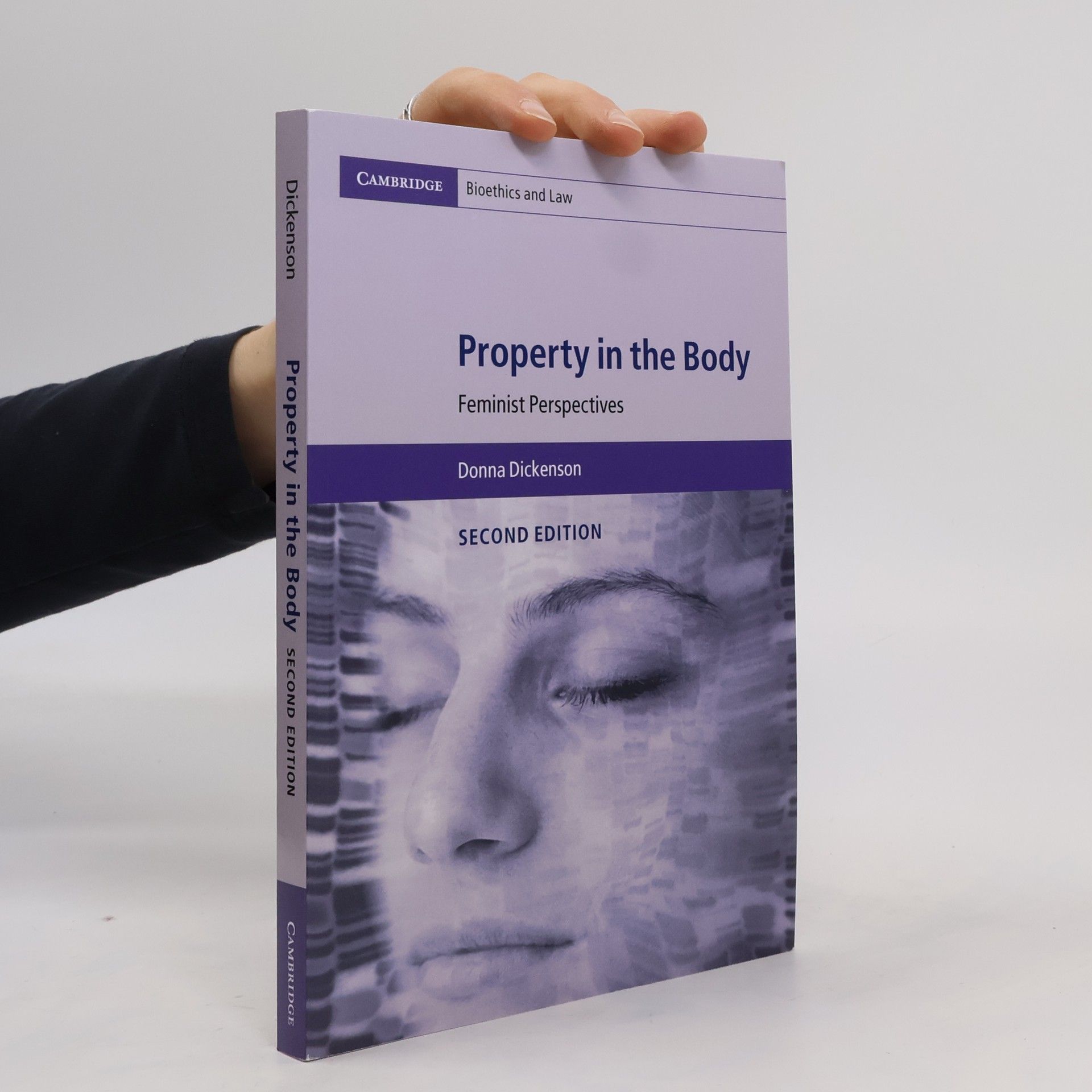This revised and updated second edition takes into account technical and regulatory developments in biotechnology. It offers the reader a clear argument about why we worry about the body becoming a mere commodity and what we can do to prevent it, whilst bringing together bioethics and feminist theory.
Richard Huxtable Bücher


Euthanasia: All That Matters
- 160 Seiten
- 6 Lesestunden
The Dignitas clinic in Switzerland may be a long way away. But the issues around euthanasia can suddenly become very close to home. To many, it seems remarkable that in a society where freedom of choice is eulogised, thousands of people find that there is one last choice that they are not free to make. But as this book will show, euthanasia is an issue at the intersection of new technology, old laws, and timeless ethical quandaries, so that even apparently clear-cut cases have many contradictions. Drawing on the latest research and cases from around the world, Richard Huxtable drills deep into the key issues around euthanasia. His is a new, balanced look at an important issue, and it will appeal to lawyers, medical students and - most importantly - those who find themselves or their relatives faced with end of life dilemmas.